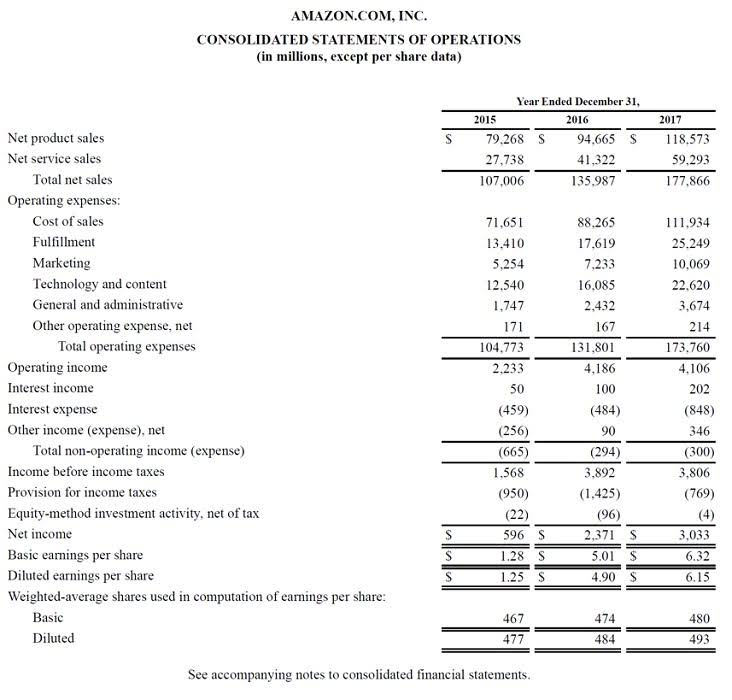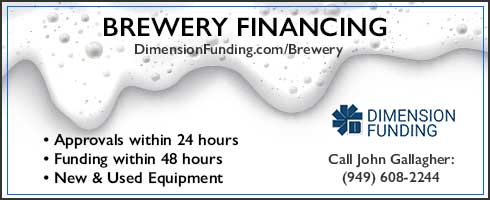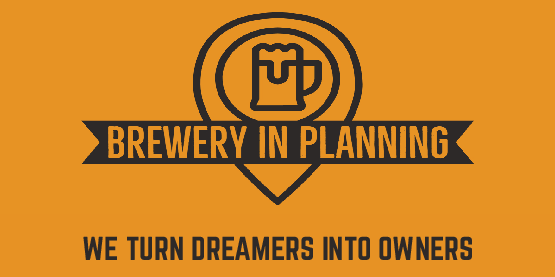
The resources in this section will provide you with the basics for brewery finance and accounting, plus more detailed topics that will keep your business going strong. Finding a knowledgeable accounting partner is important to a brewery’s financial success. Maria will provide guidance on how to interview an accounting firm to ensure they are engaging the right advisor. Excise taxes are due on all alcohol removed for consumption from bonded areas on the 14th day after the close of the tax period, unless that day lands on a weekend or holiday.
Utilizing Technology
Before that hoppy, foamy brew meets your customer’s glass, a number of practical processes have to happen — ordering materials, inventory management, fermentation, and more. Some of us might have a knack for numbers and details, but that isn’t everyone’s speed. But it’s such an important part of your business with hefty consequences if you get it wrong. That’s why it’s vital that you get an experienced professional who understands your business. Beer CPA offer a full-service payroll solution so you don’t have to worry about it.

Brewery POS Software
This advice will help you use your brewery accounting software effectively. Financial literacy is theability to read and understand your financial statements so that you canimprove results in your brewery business. Improved results may be sales growth,margin increases or positive cash flow. You define the result you want toachieve and use your financial literacy to make it happen.
Top Brewery Accounting Software Tips
- Choosing an end-to-end, industry-specific solution built by industry experts for people like you will set you on a path to success.
- TTB reporting — we know it’s daunting, but it doesn’t have to be so scary if you understand the basics.
- You want to ensure that your payroll system can bring in those wages by department and that those wages are accurate on paychecks.
- His past professional lives on Wall Street and in Silicon Valley give him a unique skillset to be a strong leader in a small business environment.
- It might not be the reason you got into the business, but brewery accounting is an essential component of managing your brewery.
- With competition stronger than ever, it’s essential that breweries have reliable accounting and bookkeeping systems in place to help manage costs, revenue and growth and, most importantly, streamline operations.
Variable expenses should fluctuate with sales levels, including staffing costs. As months pass, you can compare your monthly cash flow statements to your projections for each month and the numbers should be close. You can get away with a 5% variance but if you start to see large differences from month to month, you should revisit your key assumptions to check for flaws in your logic. More detail may be preferable, howeverthis will take more time for your bookkeeper to record the transactions intothe proper accounts.
Calculating Costs: How Breweries Can Optimize Inventory Management
The production process differs from other beverage types, requiring specialized features unique to craft beer. Cash flow is the movement and timing of money into, through and out of your business. In other words, it provides a clear picture of your company’s financial health. A cash flow projection estimates the timing and amounts of cash inflows and outflows over a specific period, usually one year. Our mission is to help craft breweries grow profits and build deep successful relationships.


This rate is different depending on how many barrels you produce each year. One thing to note about excise tax is that if you are contract brewing in-house for another brewery, that alcohol needs to be taxed from your space as well. Whether you self-distribute, work with a distributor, or just sell in your taproom, it’s important that the sales team completes budget worksheets first.
The Budgeting Process
- You’ll then be given an overview of the basics of the brewery balance sheet, income statement, and cash flow statements to understand how they all tie together for your future brewery business.
- Contact our team of craft beer specialists who can evaluate your business needs and recommend a software plan that can scale with you.
- Automated reporting enhances efficiency and helps identify trends, forecast future needs, and align your strategies with market demands.
- And finally, regular oversight over financial reports will help ensure information is being tracked accurately, so businesses can make informed decisions regarding their operations.
- Avoid the costs and headaches of rush orders, delays and shutdowns due to inventory stockouts and poor planning.
- We understand that breweries must manage resources through rising energy costs, expanding production, and complying with State and Federal tax laws.
- As business owners ourselves, we understand just how important it is to maintain accurate and up-to-date records.
Then, find creative results-oriented solutions focused on accuracy, Retail Accounting efficiency and simplicity. Warren Averett understands that the brewery and distillery industry is unique from both financial reporting and income tax perspectives. By transforming yourfinance and accounting data into key performance indicators (KPIs), you becomeequipped to make intelligent, informed business decisions. Below are examplesof relevant KPIs for craft brewers along with items to take into considerationduring analysis. If so, are you confidentyou’re monitoring the right type of data to achieve your business goals? We plan to explore these questions and moreas we dive into the issues breweries often face when it comes to financialreporting.
- Over the years Maria has worked with hundreds of breweries of all sizes and leverages that experience to help the industry level up their business.
- Microbreweries and small craft breweries typically look for a lower cost brewery management solution that makes it easier to handle business operations.
- In these cases, leveraging innovative technology to streamline finance and accounting functions and reduce the need for manual processes can be very beneficial.
- Introducing new technologyto any business is commonly viewed as complicated, timely and costly.
- While tracking every batch of beer is essential, its not enough to sustain growth and efficiency.
- These organizations connect us with information and expertise about current opportunities and best practices for the industry.
What is the best brewery software for small breweries?

She got her start in beer working in quality assurance at New Belgium Brewing Company. Kaylyn has an academic background in brewing science, having completed an M.S. At Oregon State University where she led the first investigations into “hop creep” as well as earning the prestigious Diploma in Brewing from the Institute of Brewing & Distilling in brewery accounting London. As breweries scale up their business, they find accounting and legal partners with the knowledge and resources to help them achieve their goals.
It is essential for any brewery owner or manager to set up their accounting system properly in order to keep track of their expenses, income and cash flow. A well-managed brewery should have an efficient accounting system that can easily handle day-to-day operations as well as long-term planning. Setting up your own accounting system will help ensure accuracy and reliability when it comes to making important decisions about your business. One way to greatly simplify your filings is to utilize inventory management software how is sales tax calculated that integrates with brewery accounting softwares like QuickBooks and Xero.



